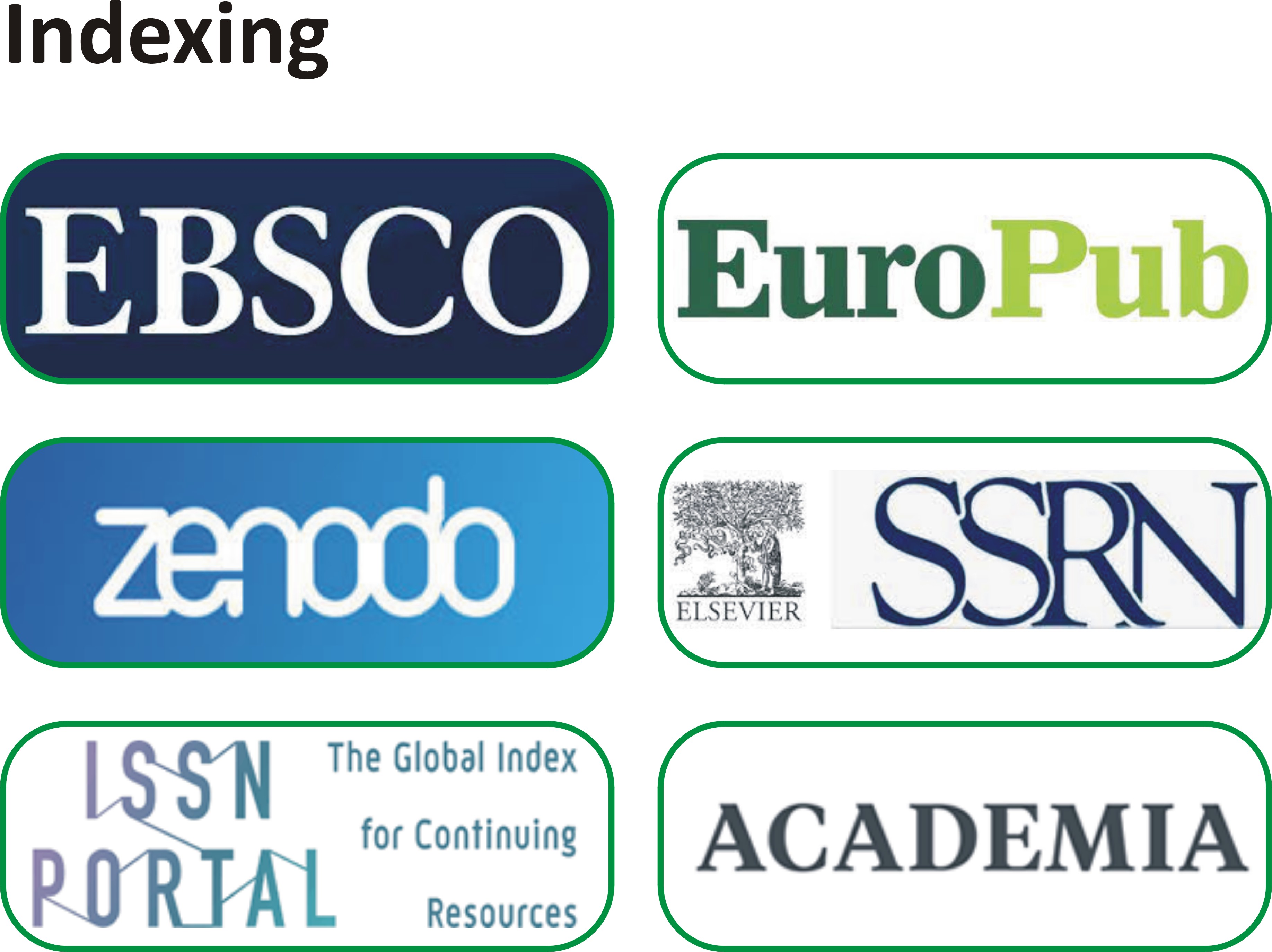The Role and Challenges of Forensic Evidence in Criminal Investigations in Pakistan
Abstract
Forensic evidence has become an important means of conducting investigations in the contemporary society, because it provides accurate and practical solutions to criminal cases and justice. In Pakistani context, where much depends on witness statements and circumstances, Forensic sciences can cater to major lacunas in investigation arena. Nevertheless, there are a lot of complexities in the application of forensic evidence in Pakistan such as shortage of facilities, skilled professionals and flow diagram problems. It focuses on the nature and purpose of forensic evidence in Pakistan to examine how they can positively impact the effectiveness of the criminal justice system and how potential difficulties may hinder or limit the potential of forensic evidence in Pakistan. Research highlights include the fact that forensic evidence has enjoyed a positive effect on the increase in conviction rates in some offences internationally, Pakistan lacks modern forensic laboratories and lacks a proper legal structure to handle increased forensic technology. This type of mismatch is symptomatic of the current state of forensic science, training, and cross-agency cooperation, which this study identifies as areas that desperately need investment.







